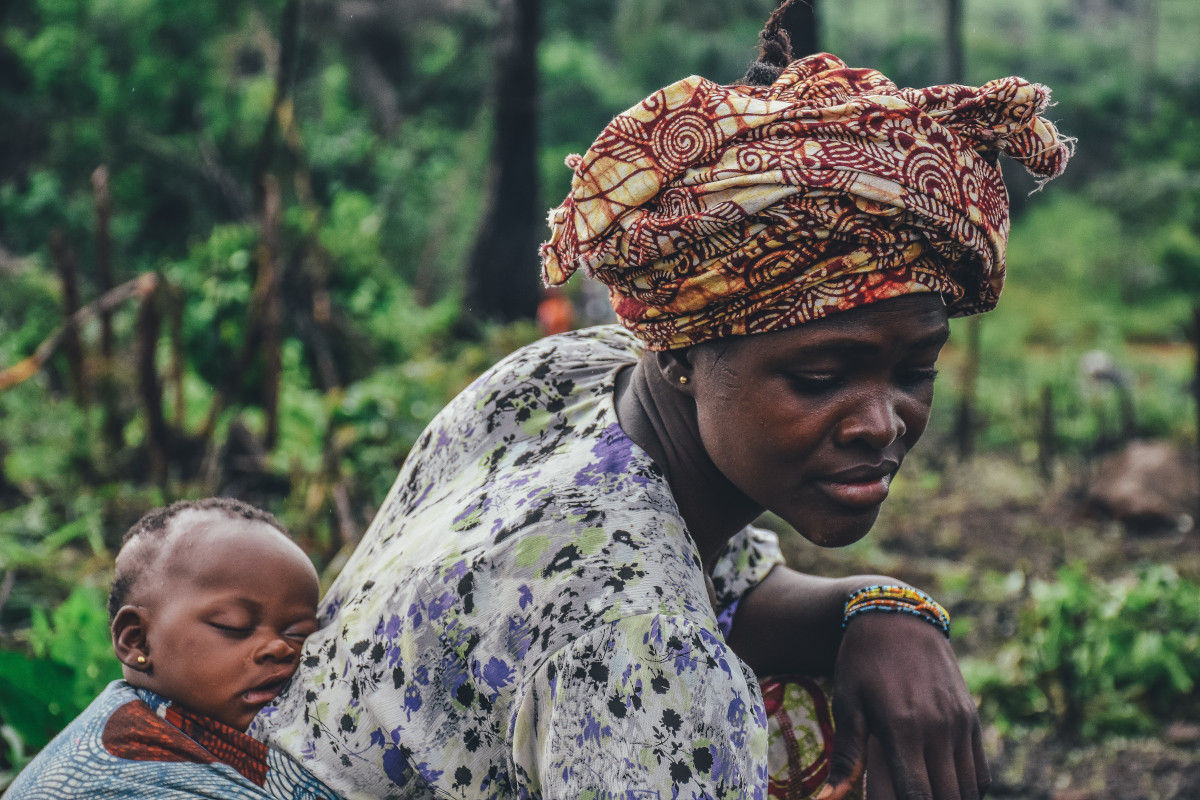Major consequences of non registration
Health
No access to healthcare. Unregistered children very rarely benefit from free health care.
CONSEQUENCES OF NON-REGISTRATION
Education
No access to secondary education. Children leave primary school early or cannot sit the national examination giving them access to secondary education.
Social protection
Barriers to accessing social protection programmes. Children from poor and vulnerable populations often do not have access to cash and social benefits.
Formal sector
Obstacle to the reduction of the shadow economy. Children participate in legal or illegal income- generating activities that may harm their physical integrity and health.
Citizenship
Restriction of civic rights. Children cannot, when they come of age, become voters, be eligible and have access to
identity documents (national identity card, passport, family record book), nor acquire or
inherit property, nor initiate legal action, …
Without identification, the difficult emergence of states
How to develop appropriate public policies if a part of the population is not counted in official statistics, and if subsequently, it cannot be precisely located, nor evaluated in terms of skills and capacities or even consulted on decisions that impact their daily lives? Only identification can make it possible to put in place policies in line with the needs and hopes of the populations, in particular with regard to the protection of the most vulnerable and the correction of regional balances inherited from history.
Only identified individuals with a reliable and durable identity document can express themselves through elections, establish democracy and contribute to the stabilisation of nation states.
State and parastatal efforts underway
Several International Organisations, NGOs and States have realised the dimension of the problem. Initiatives and efforts have been undertaken to improve the identification of people in Africa. Currently, support for civil status registration systems are mainly driven by international institutions (UNICEF, WHO, UNFPA, ILO, UNHCR, UN-Women, OIF, etc.) and non-governmental organisations (Plan International, Aide & Action, Save the Children, Human Rights Watch, Community Sant ‘Egidio, ID4AFRICA, Association of Francophone Notaries, Regards de Femmes…).
Moreover, they collaborate with the States, insofar as the issuing of civil status remains a sovereign prerogative. The political will of the States is decisive.

